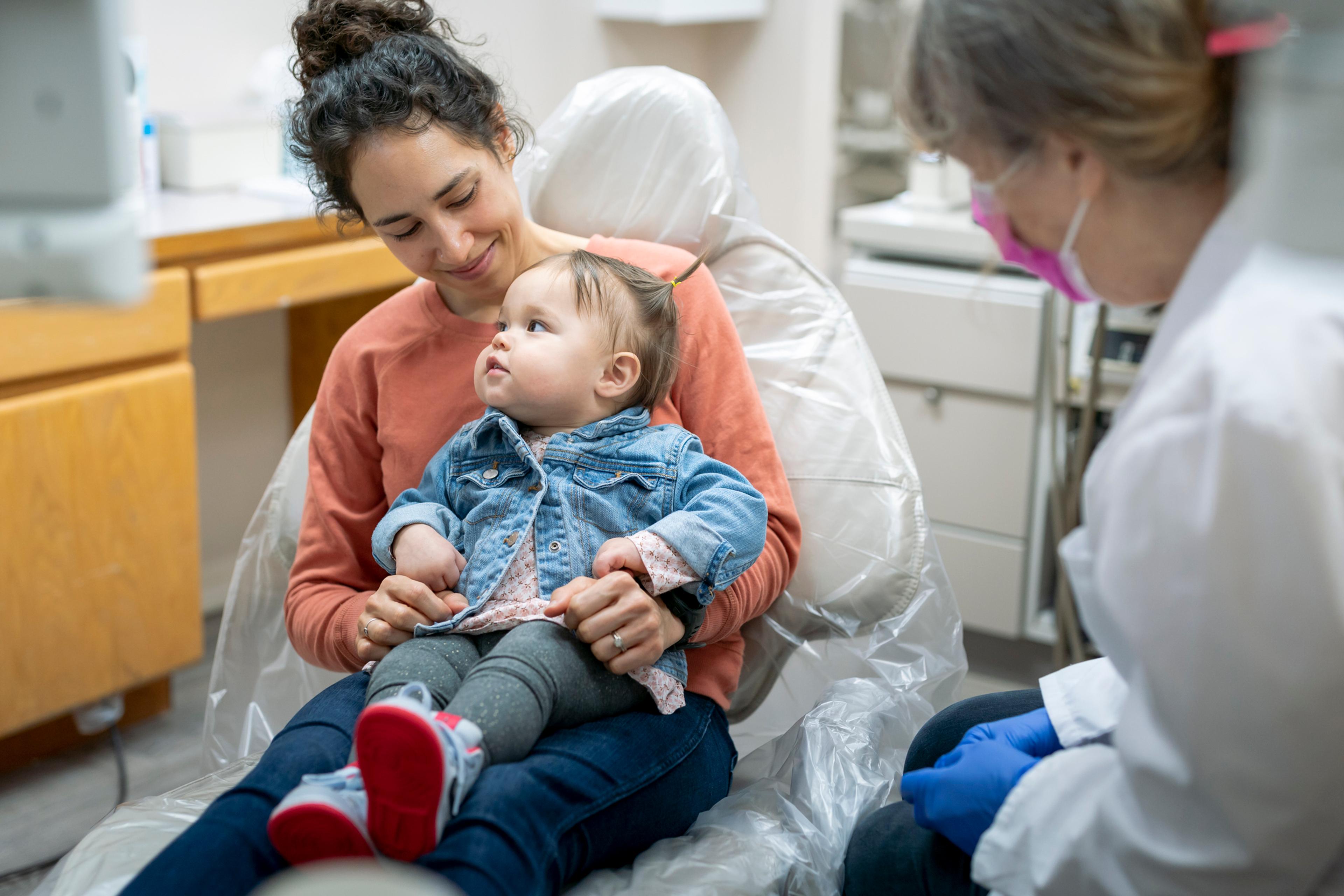Coping and Calming the First Day Anxieties

Laura Hutchison
| 2 min read

The start of the school year can be very difficult on children when it’s their very first time attending school, they’re transitioning to a new school or because the child just tends to be a little more anxious. Here are some ideas to help children (and their parents) who are nervous about the first day of school:
- Schedule a school visit. Many schools are open to having children take a tour of the school or visit their new classroom. If a visit isn’t possible, check to see if photos of the school are available online. Helping the child get a feel of the location can ease some of the anxiety.
- Meet the teacher. Once you know who your child’s teacher will be for the upcoming year, schedule a time for you and your child to meet him or her. If meeting face-to-face isn’t an option, have your child write a letter, draw a picture, send an email or even Skype their teacher. Being able to begin to form a relationship with the teacher can be very comforting to a nervous child.
- Set up play dates. If you know any children that will be in the same class (or school) as your child, have the classmates over or plan an outing so your child will feel a special bond with a few peers. Knowing you’re not alone in a new place usually makes it easier to feel comfortable.
It is also very important for parents to recognize their own anxieties about letting go and sending their child off to school. Children are extremely susceptible to picking up their parents’ emotions. If you start to recognize that your own worries about your child attending school are creeping in, in addition to addressing any of your concerns with your child’s teacher, also consider getting involved by volunteering your time at the school during classroom hours or for after-school activities. Discovering new ways to be a part of your child’s development can help you feel connected.
If you or your child’s anxiety about starting (or returning back to) school starts to get in the way of having fun, getting adequate sleep or impacts eating habits, you may want to seek professional help from a qualified child psychologist in order to help you and your child address these concerns before they make a lasting impact.
Photo Credit: Ridofranz





